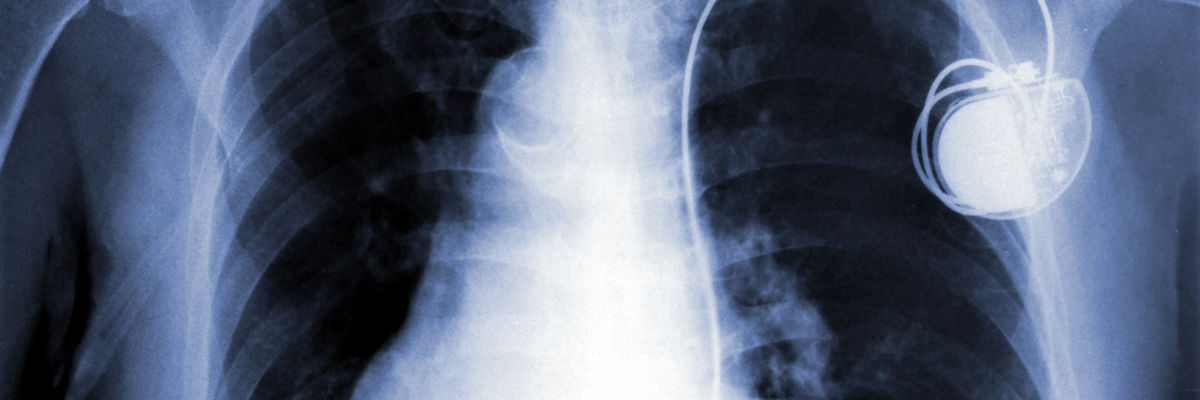
Question:
Answer:
When Catholics say contraception is “unnatural,” they do not mean that it is artificial, but that it is contrary to the natural or proper function of the body.
Its purpose is to prevent the reproductive system from functioning as it was designed to. A pacemaker does not prevent the heart from beating properly—on the contrary, it helps the heart beat properly; it compensates for some dysfunction of the heart’s natural “pacemaker.” It is this dysfunction, not the pacemaker, that is “unnatural” in this sense (i.e., contrary to the natural or proper function of the heart), even though the dysfunction is naturally occurring and the pacemaker is artificial.
Similarly, the inflammation of the appendix, not its removal, is “unnatural,” contrary at least to its proper state or condition. We do not know what, if anything, is the proper function of the appendix, but we do know it is not meant to be inflamed or to rupture and cause death. We cannot restore it to its proper condition, so the best we can do is remove it. Even a more valuable organ with a clear and necessary function, such as a lung or a kidney, may be removed if it has become dangerously pathological. The reproductive system is no different: Cancerous ovaries or testes may be removed.
What makes contraception radically different from all this is that its purpose is not to correct some pathological condition, but to “correct” a healthy condition and to induce, or at least simulate, a pathological condition: sterility. Fertility is not a disease, like a heart condition or appendicitis; it is what the reproductive system is designed for. Contraception is not a helpful intervention designed to help proper function, but a harmful interference designed to prevent the proper function of the reproductive system.



